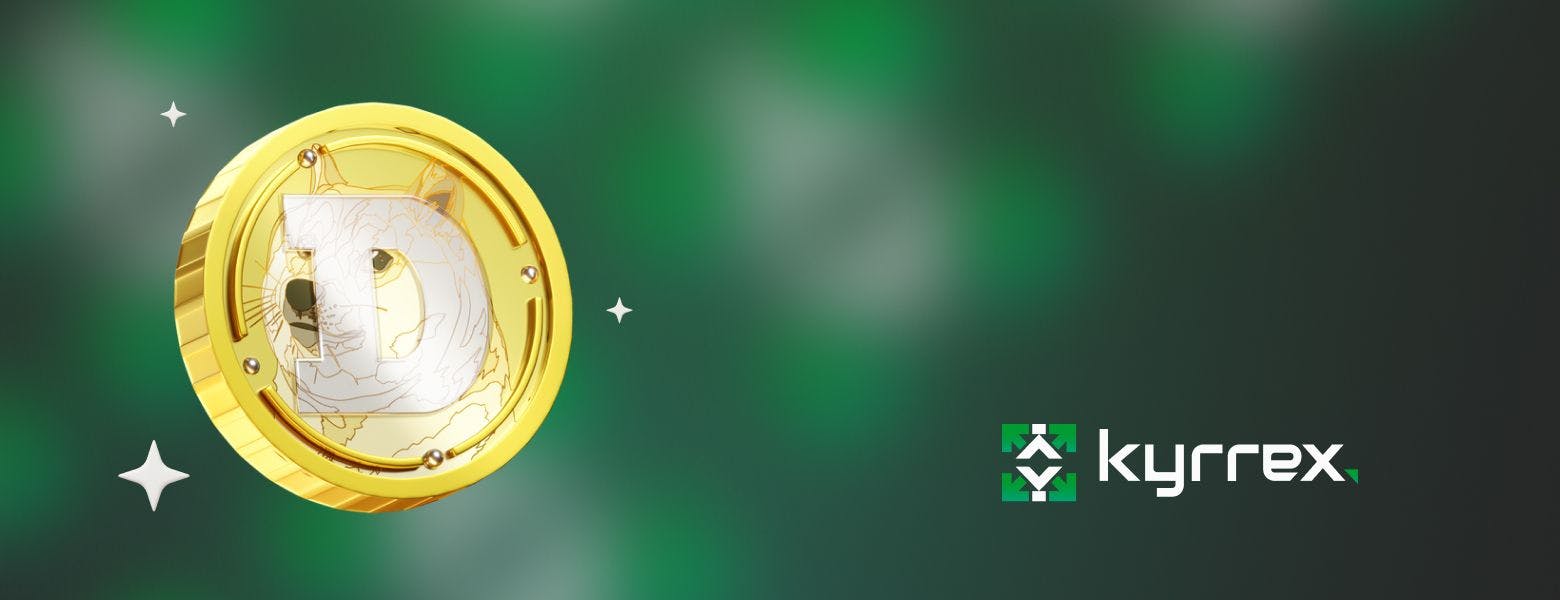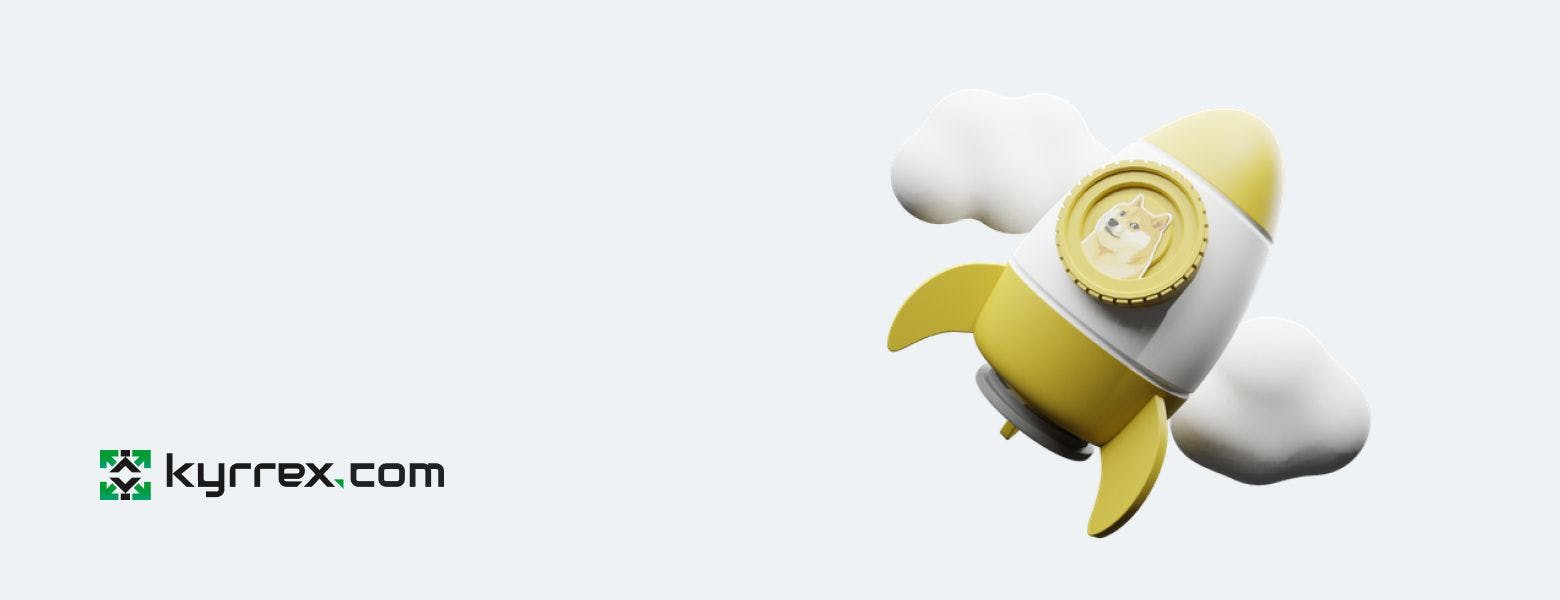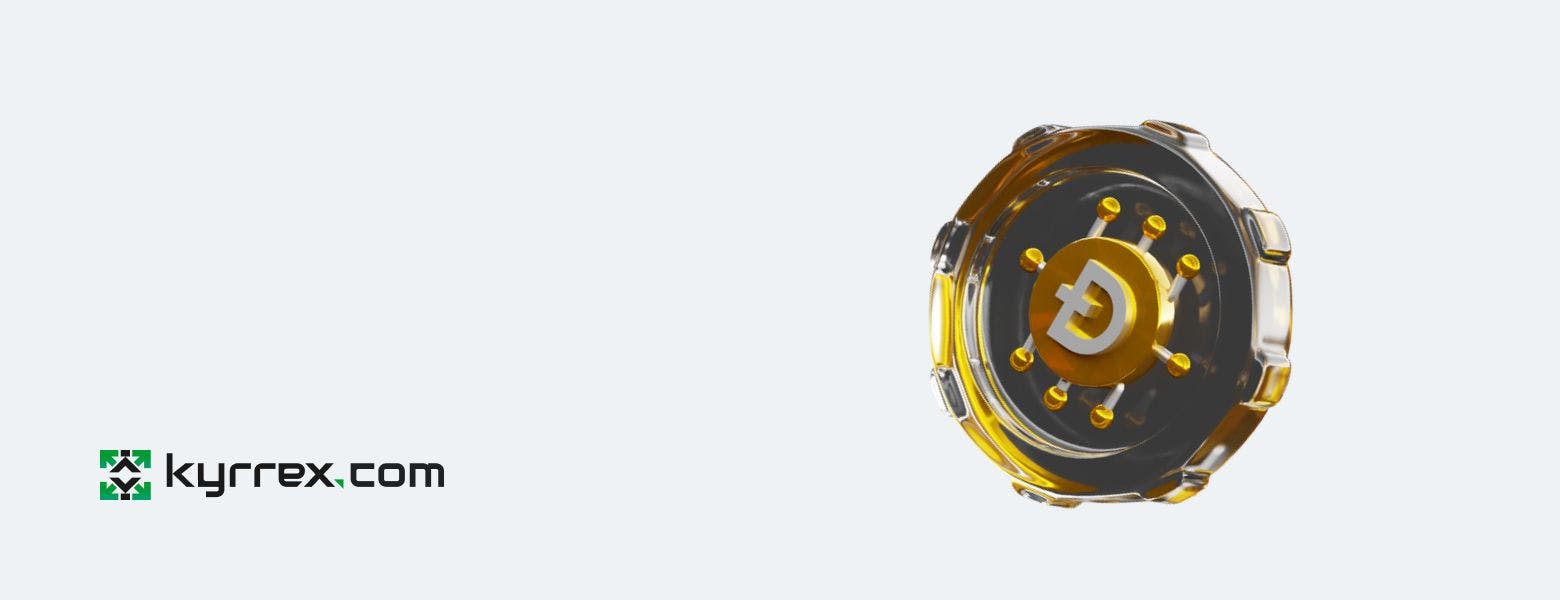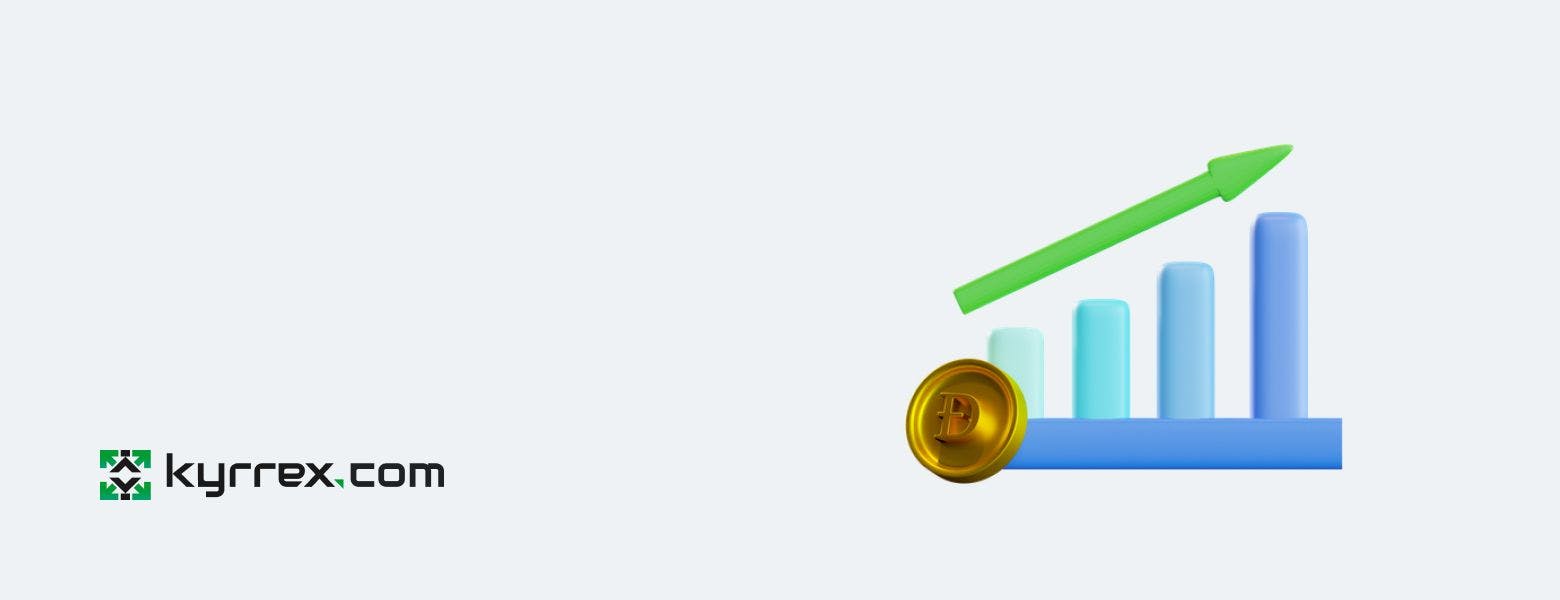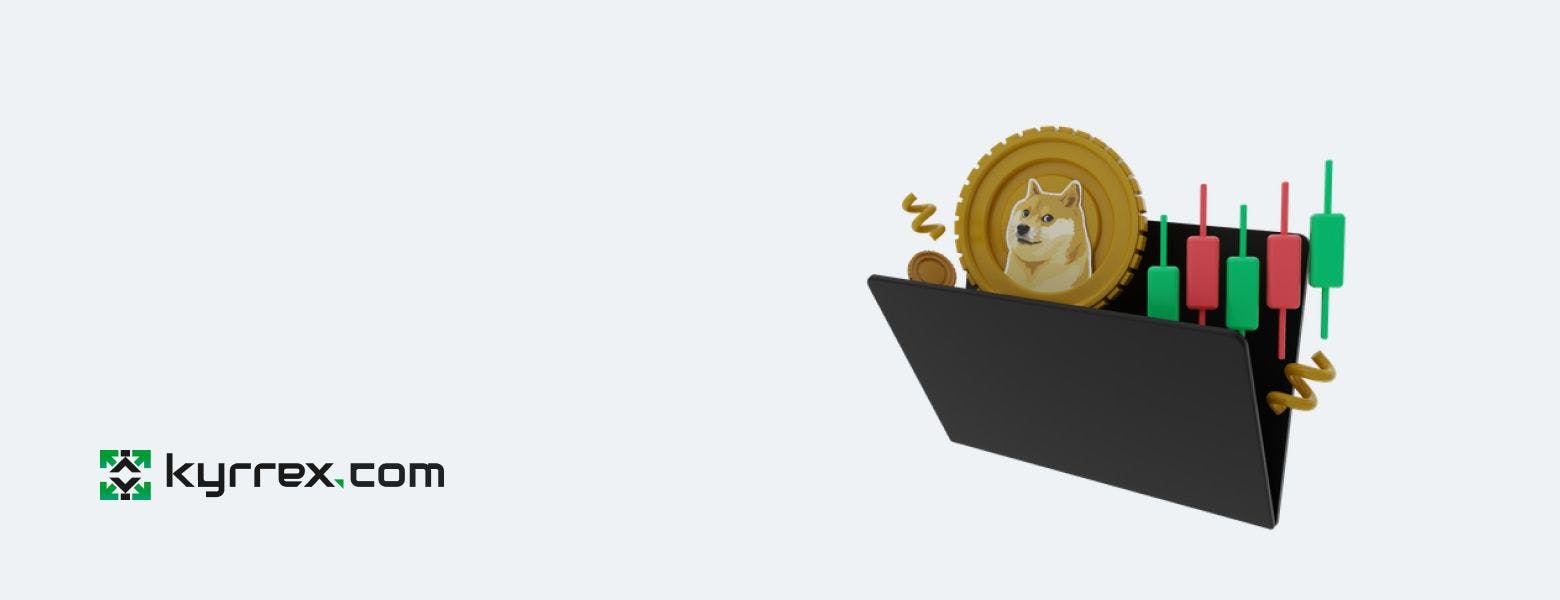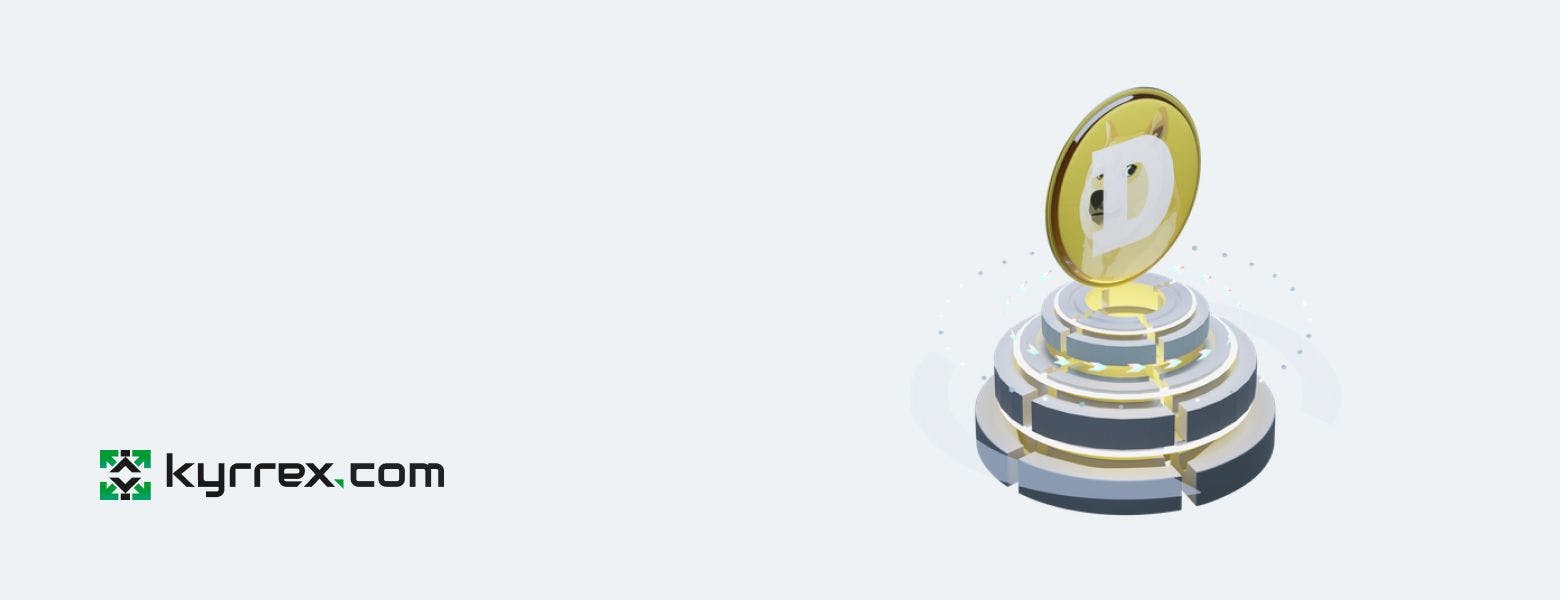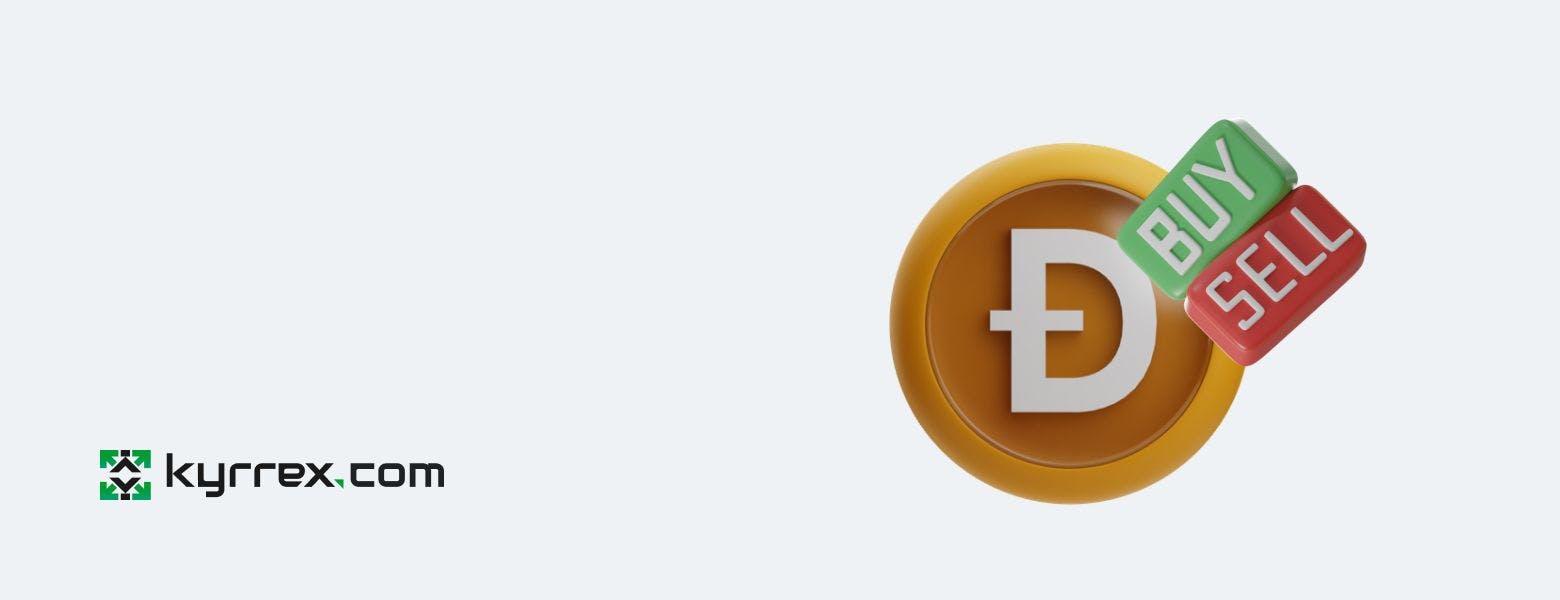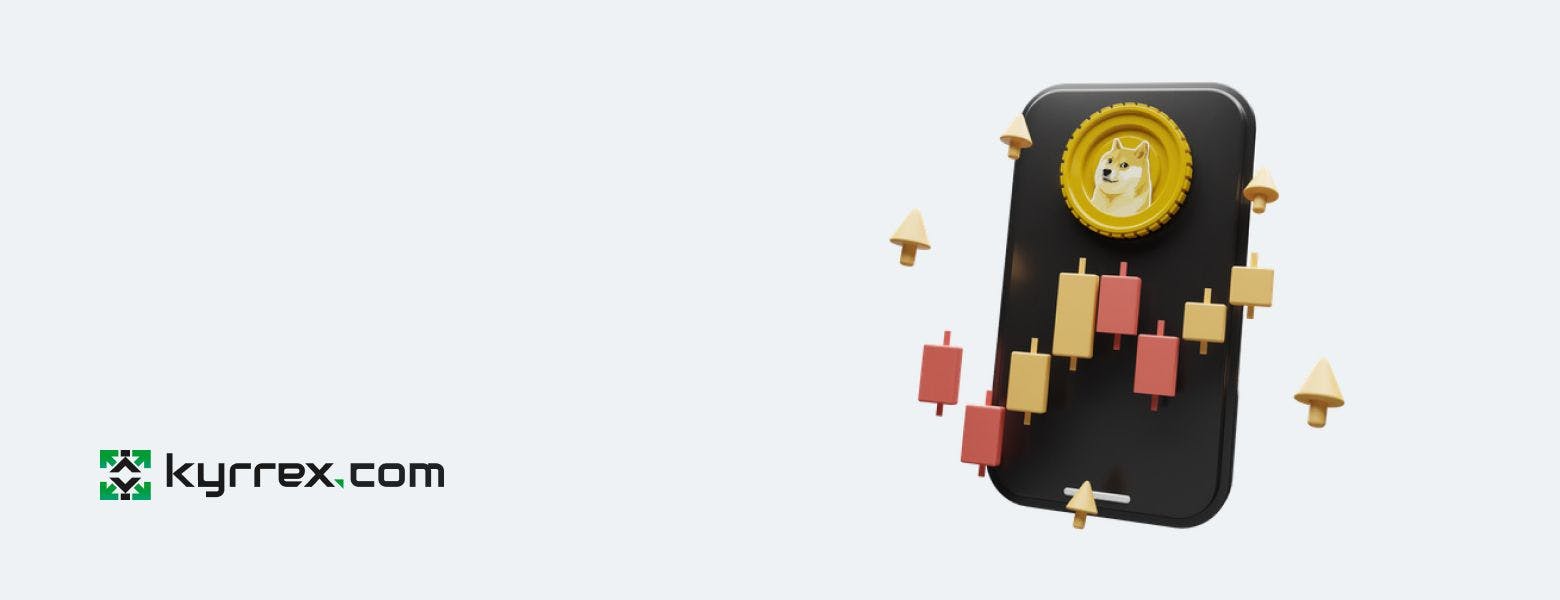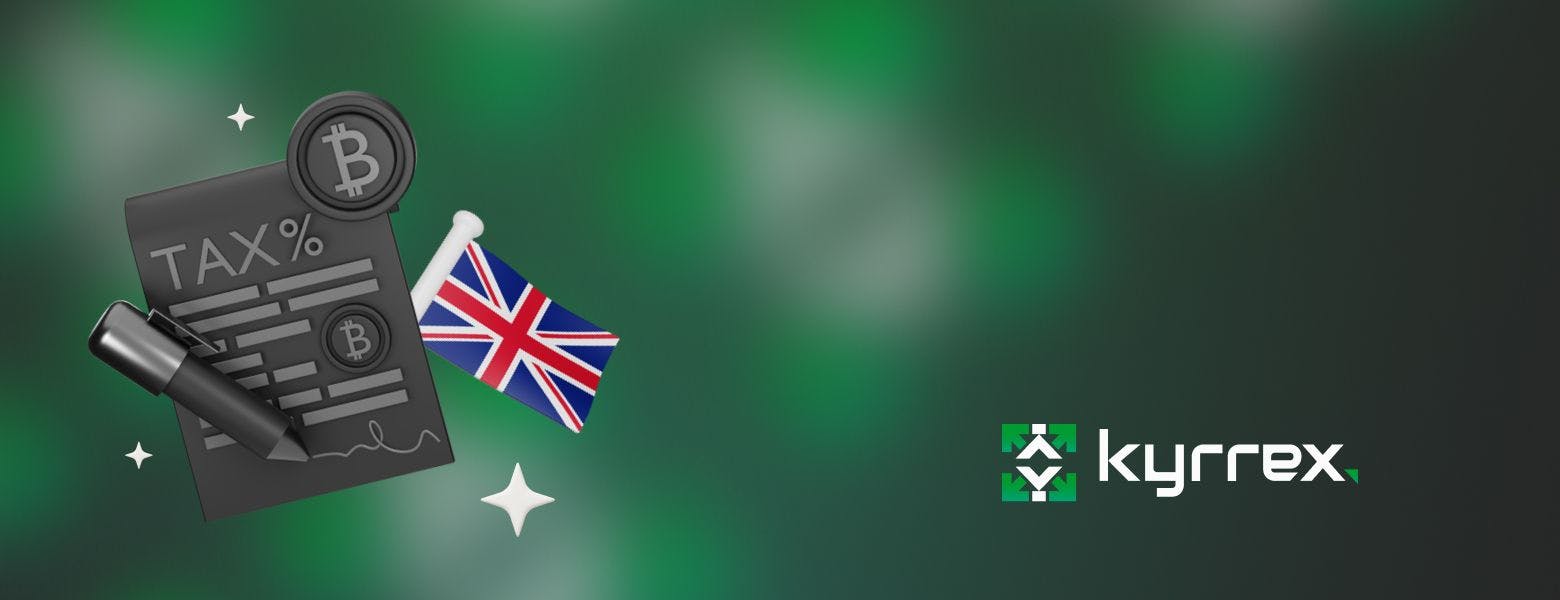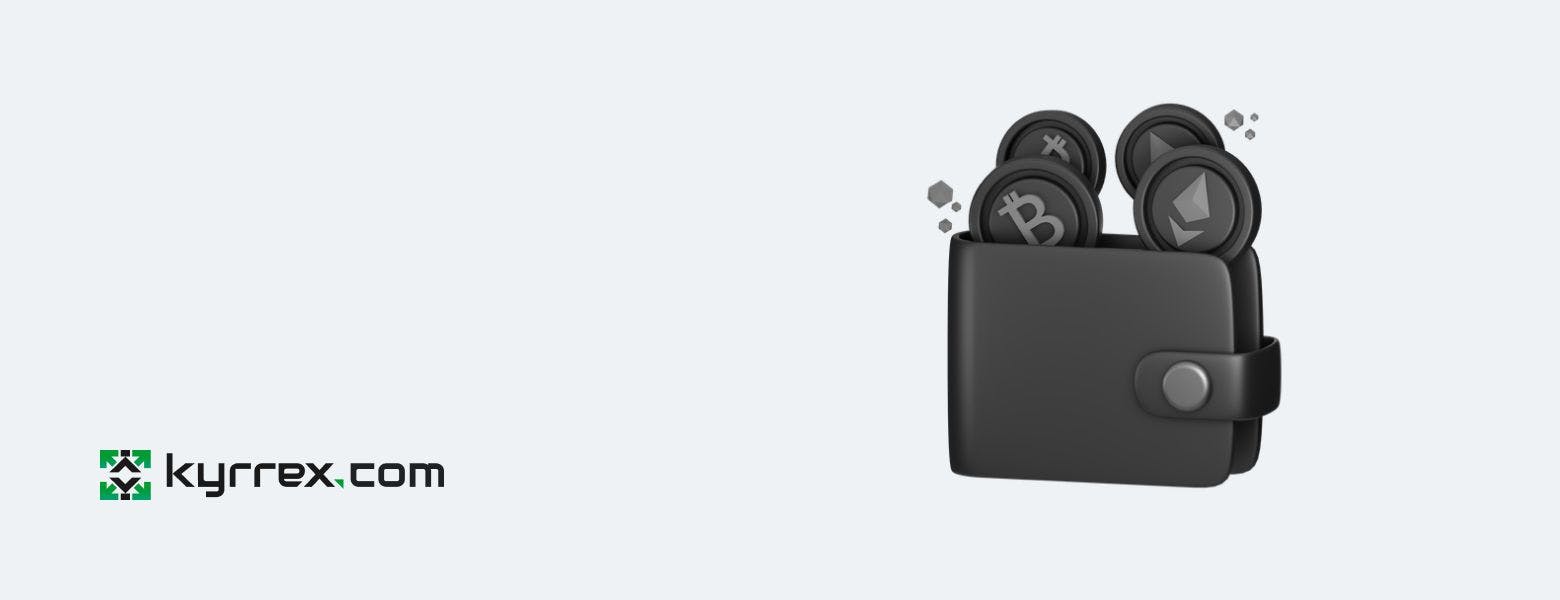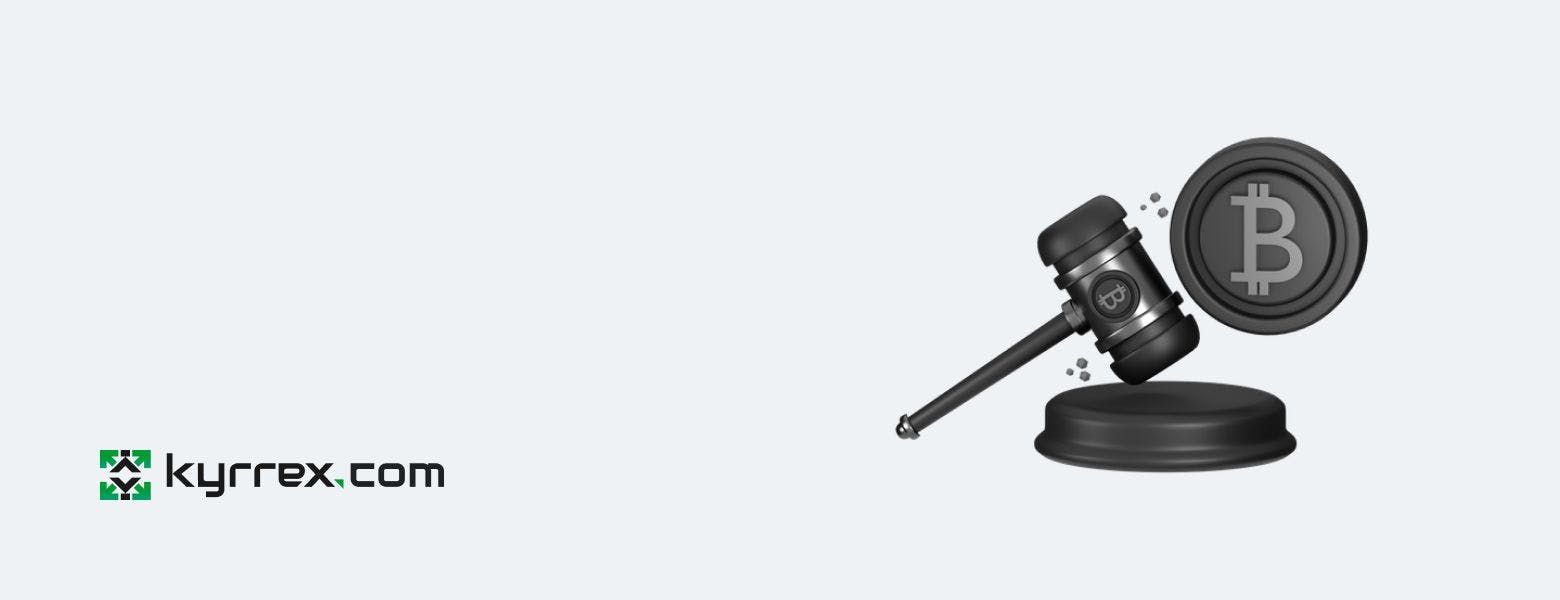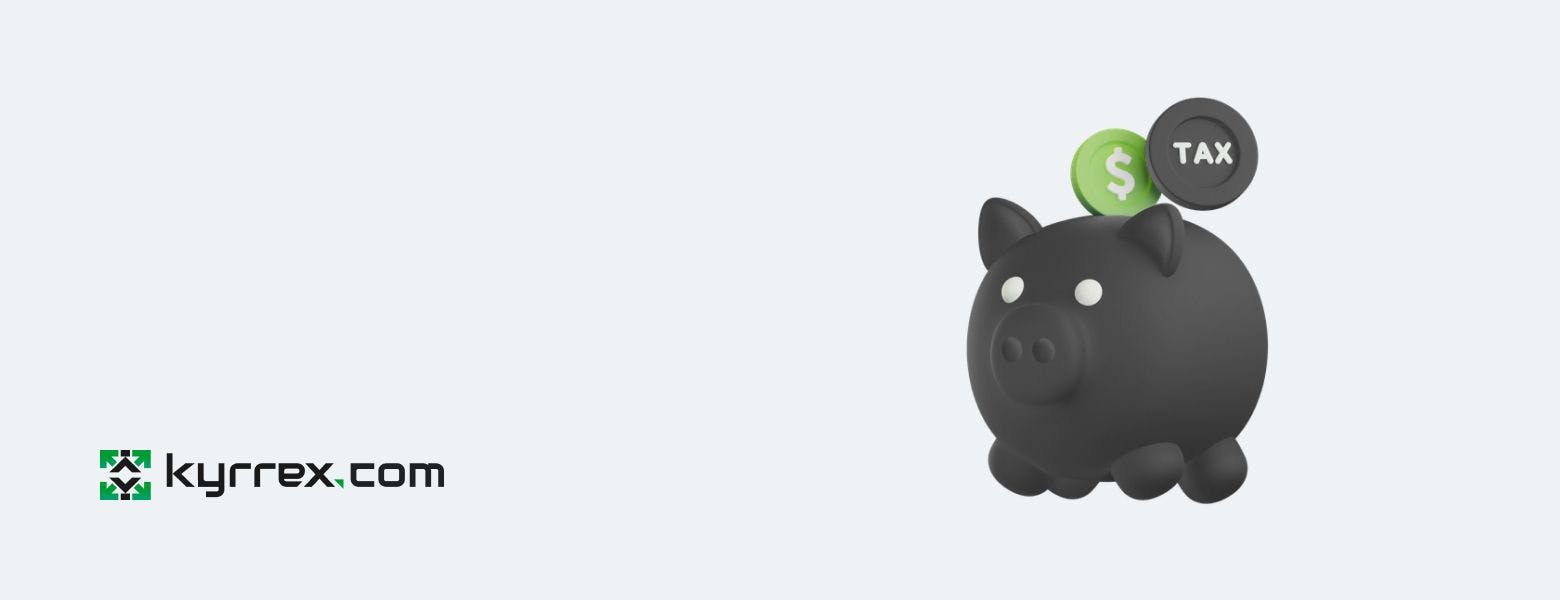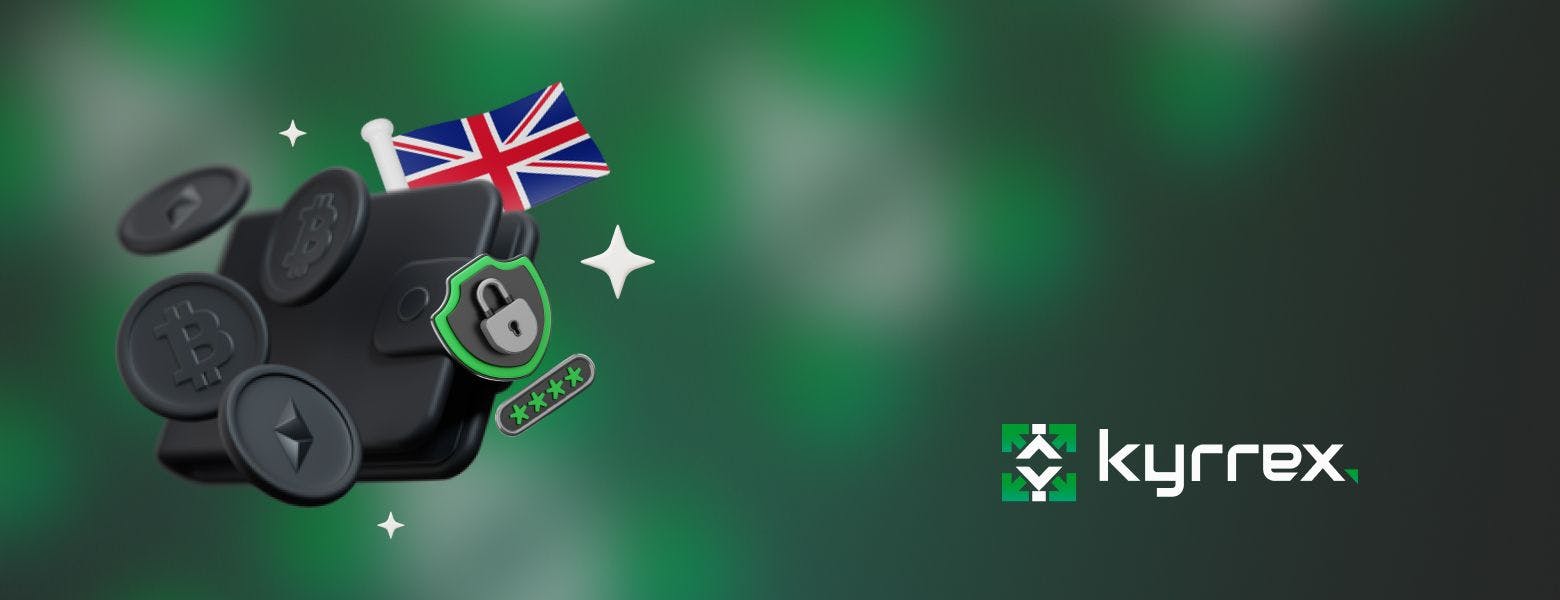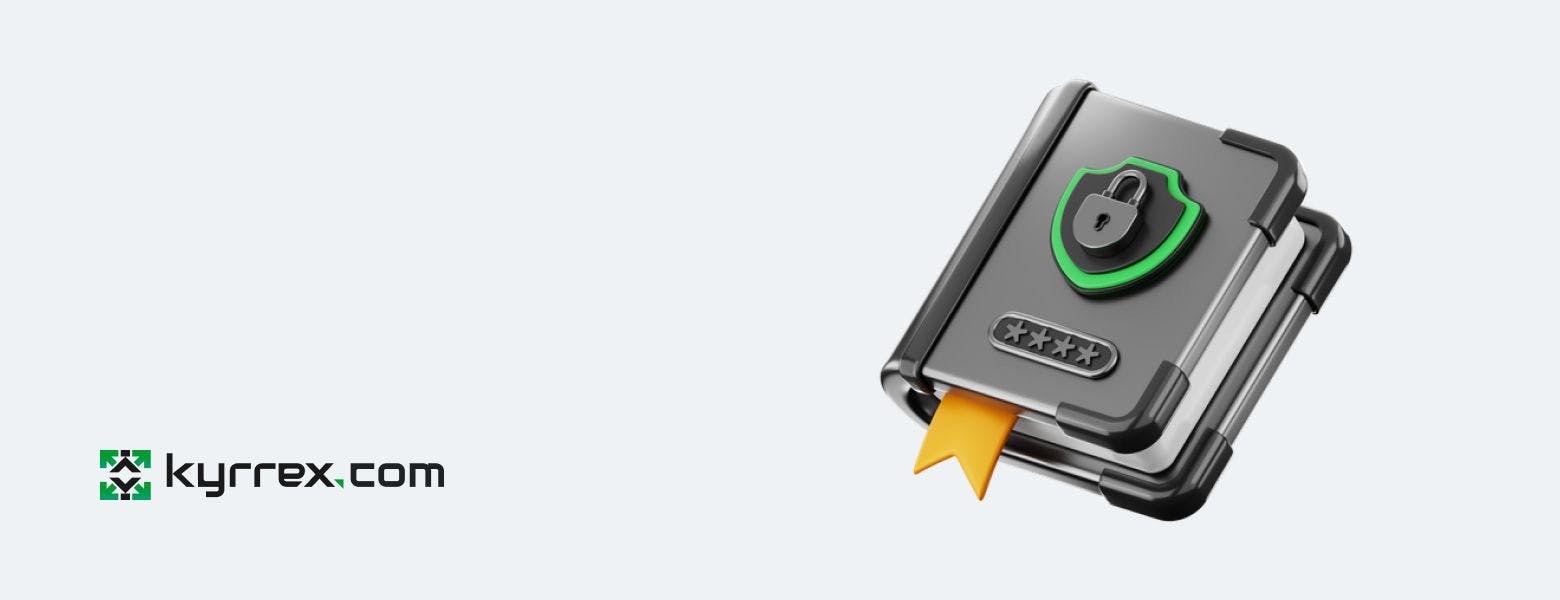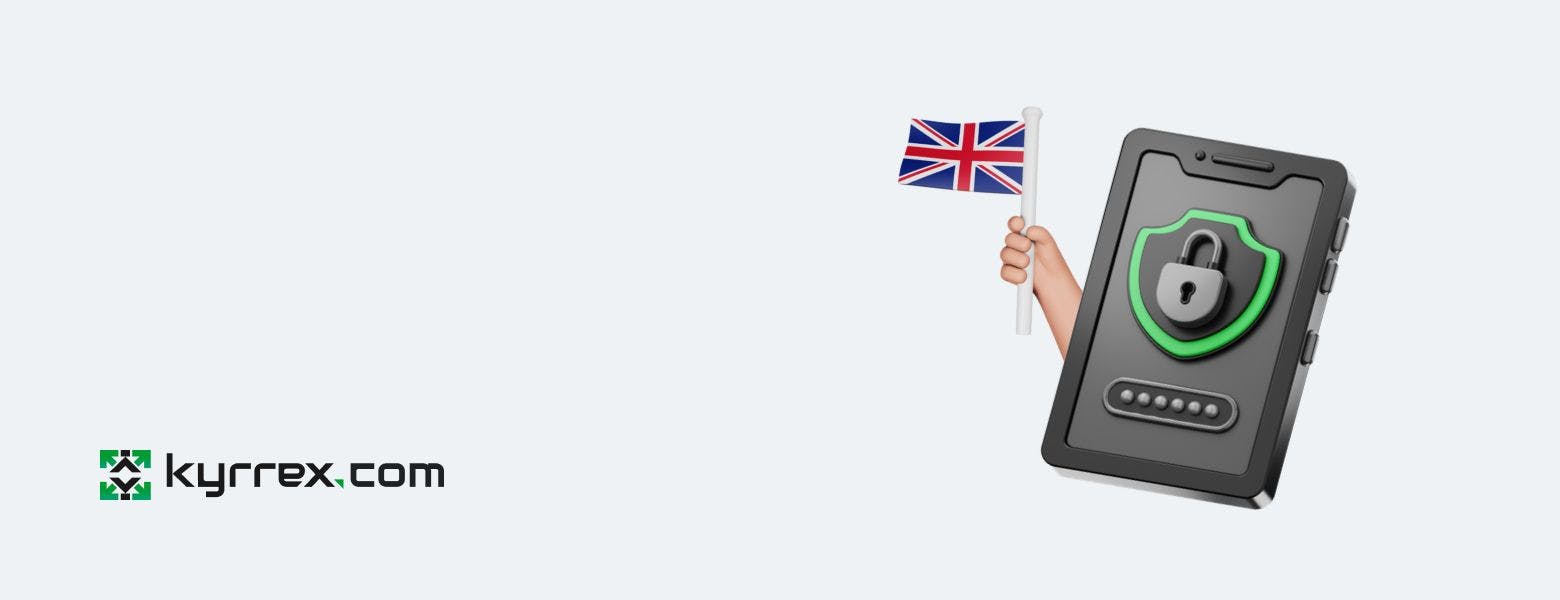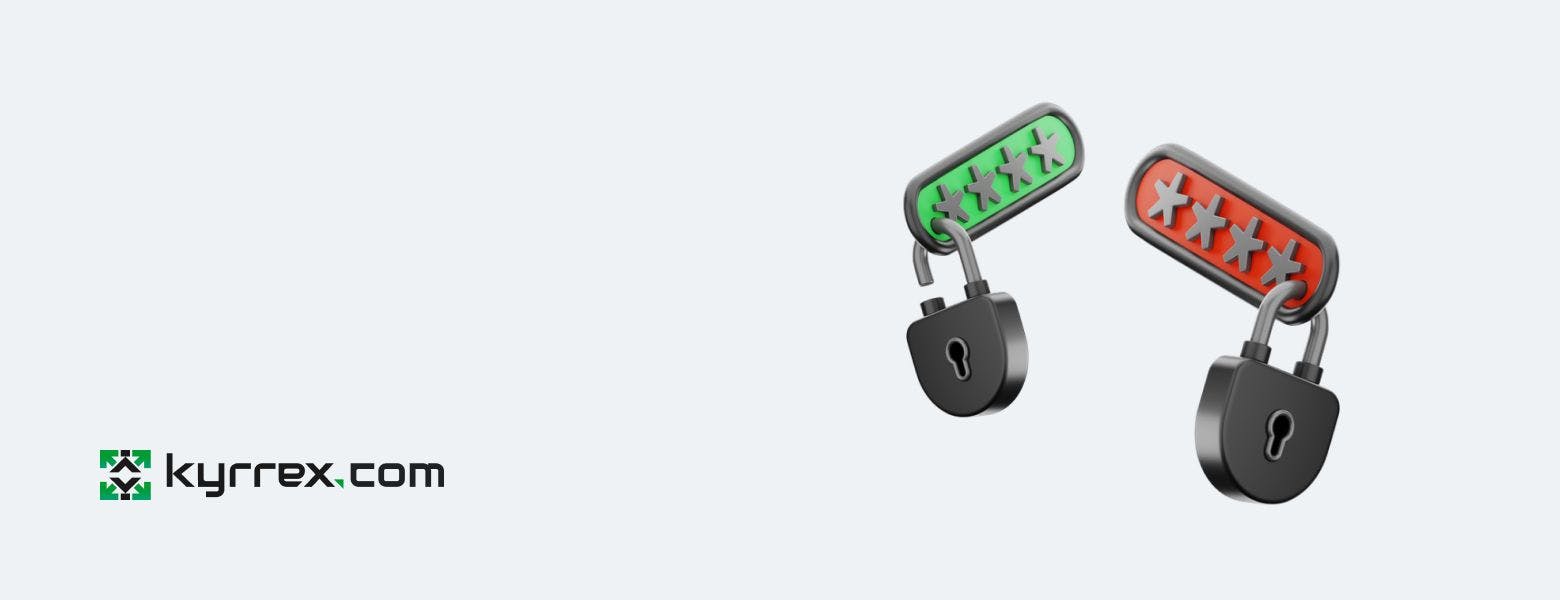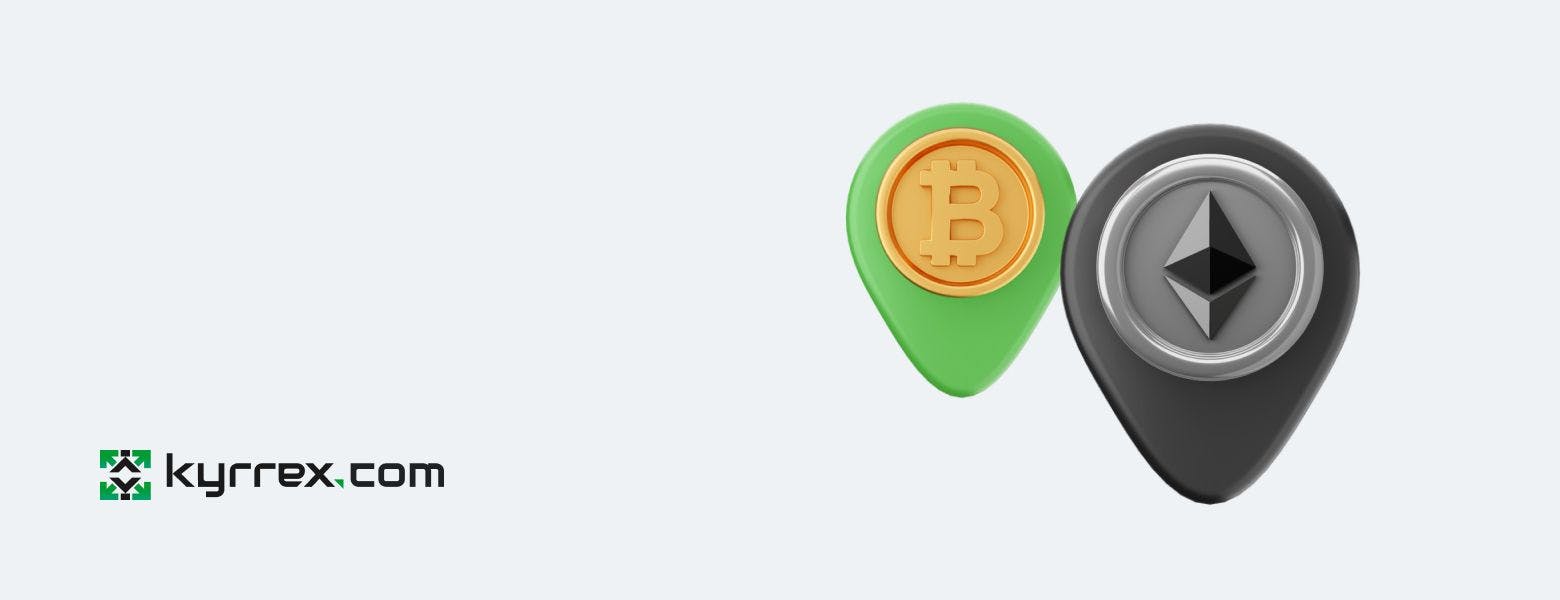
List of Top Trusted Crypto Exchanges

You need an exchange to get your hands on a crypto asset. However, knowing the suitable platform to use can be tricky. There are different things to consider, from regulations to the exchange's reliability.
The cryptocurrency market remains a relatively new financial space. Many users are still finding their way around it. While most traders have learned the ropes, others have unfortunately fallen victim to scams and using the wrong platforms. In this article, we'll show you the top 7 crypto exchanges to buy, sell, and trade cryptocurrencies. But before we start, we'll tell you how exchanges work and how to verify that the platform you're considering is the right one to use.
What Is a Cryptocurrency Exchange?
Cryptocurrency exchanges are online platforms where you can buy and sell crypto assets. While they primarily allow you to purchase crypto tokens using your US dollars or other government-backed fiat currencies, you can also carry out crypto-to-crypto trading. This means you can exchange Bitcoin for Ethereum. Cryptocurrency exchanges use trading pairs. For example, to trade 0.1 Bitcoin to USD, you'll have to go for the BTC/USD trading pair. BTC is Bitcoin's trading ticker. In some cases, you have to convert your fiat currency to a stablecoin such as USDT before you can trade.
Cryptocurrency prices are uniform across every exchange. However, there could be slight differences. You could also use an exchange as a crypto calculator app. For example, if you want to convert 100 Bitcoin to USD, you can type in the BTC amount to know its equivalent in US dollars in line with current market rates. You can convert your crypto assets back to fiat currencies and leave them in your account whenever you want.
Unlike the new days of crypto, exchanges are now being regulated. That means you have to be sure you're trading on a platform licensed to operate in your jurisdiction. This and more should guide your decision in choosing a crypto exchange.
Understanding Centralized and Decentralized Exchanges
Before we continue, you must understand the different types of cryptocurrency exchanges. They are centralized and decentralized exchanges.
We've pretty much covered what a centralized exchange is. This type of exchange has a significant level of control over your funds. It controls your wallet and can freeze your assets if there's a bug or if it flagged your account for fraud.
A decentralized exchange, however, is unregulated, just as its name suggests. It's what you can call an anonymous crypto exchange. It's mostly for people who are looking to use a crypto exchange without KYC. Traders use non-custodial wallets, which they completely control, to trade on these platforms. However, you can't purchase crypto assets using fiat currencies on decentralized exchanges. Instead, they only facilitate crypto-to-crypto swaps.
White Label Crypto Exchange
Some platforms are built on white-label crypto exchange software solutions. This means they did not develop their core applications from scratch. While most might have good management and practice, they don't always have high liquidity and trading volume during their early days. So, it would be wise to look out for them. Most white-label crypto exchanges don't offer derivatives, lending, margin, and other customizable products since these features require complex development.
How to Choose a Cryptocurrency Exchange
Reading this article means you're looking for a crypto exchange to buy and sell crypto. There are hundreds of platforms available today. However, the right pick for you depends on different factors. For starters, you have to make sure the exchange is trusted. This means looking at its trading volume, user base, and regulatory compliance. You want to ensure you're trading on a platform where your funds are safe and one that has enough liquidity.
So, what should you look out for?
1. Security
One of the top priorities when it comes to trading is security. Unfortunately, there have been incidents in the past where traders lost their funds because exchanges were hacked.
Unlike bank deposits, cryptocurrencies aren't backed by central banks. This means you're at the mercy of your exchange's security and insurance policy. While some platforms insure users' deposits, others depend on security practices.
So, try to determine if the exchange has an insurance policy and how many crypto assets they store in cold storage (offline).
2. Accessibility
Regulations could prevent you from you trading on specific exchanges. For example, the US has strict trading policies, and only a handful of exchanges are licensed to operate in the region. Even at that, some states have separate policies that could prevent trading. You don't want to make up your mind about an exchange only to find out you can't access its services. So, head to the platform's website and confirm if they operate in your jurisdiction. You should also check out each exchange's KYC and AML compliance. With no KYC crypto exchanges will restrict your access to their products. In some cases, you won't be able to trade.
3. Liquidity
Liquidity means you can buy and sell cryptocurrencies with ease. As we mentioned, there are hundreds of crypto exchanges, but some are more liquid than others.
An exchange's trading volume tells you how easy it will be to sell your coins for fiat currency and withdraw your money. The trading volume is usually measured in US dollars and shows how much money is traded on the platform.
So, check to make sure your money won't get stuck when you decide to sell. You should also confirm the number of tokens traded on the exchange. This would determine how easy it will be to withdraw your crypto asset to a non-custodial wallet (more on that below).
4. Trading Fees
Cryptocurrency exchanges charge a fee for every trade. These fees are mostly a fixed percentage of each transaction, but they could change. For example, they could be as much as 20% and as low as 0.
For most platforms, a trader's level or order weight determines the fees. So, check these details to understand how an exchange's fee structure works before using it. You shouldn't necessarily look for the lowest fee crypto exchange. That's because many platforms with poor security and low liquidity use the promise of little to no fees to lure in new investors. On the other hand, most exchanges with high costs charge extra to make the trading experience seamless.
5. Reliability
You need a crypto exchange with the best uptime stat. Server downtime can cause a lot of problems. For example, you might want to sell off an asset when it reaches a particular price only to find your crypto app not working anymore.
6. Doing your research
There are many online resources that you can use to check out each exchange's daily trading volume and cryptocurrency pairs. Coinmarketcap is one of these resources. It can also act as a token converter and crypto calculator app so you can know coin prices in real-time.
Crypto Wallet vs. Exchange
Cryptocurrency wallets interact with blockchain networks and can be used to store tokens. Therefore, understanding how they work is vital. Exchanges, on the other hand, are platforms where you buy and sell cryptocurrencies. That said, centralized exchanges come with built-in wallets. Now, there are two main types of crypto wallets: custodial and non-custodial. This is often what comes to mind whenever crypto exchange vs. wallet is mentioned.
A user has complete control of a non-custodial wallet, whereas a third party controls a custodial wallet. You have full ownership of the former because you have its private keys. Your account on a centralized exchange comes with a custodial wallet, and the exchange has complete control. This is why the platform can execute trades faster since it doesn't need confirmations for every transaction after you've placed orders.
Non-custodial wallets live outside exchanges. However, you can use them to interact with decentralized exchanges and purchase tokens. In this case, though, you'll have to confirm every transaction and pay blockchain gas fees instead of exchange fees. Crypto wallet advocates see decentralization as its main advantage. It's more decentralized exchange vs. centralized exchange than crypto wallet vs. exchange.
No one has control over your non-custodial wallet except you. However, it means you're responsible for keeping it safe. If you lose your private keys or lose access to your device, your wallet and the funds in it will be gone for good. When it comes to an exchange, you can lose your device, forget your password, and still recover your funds.
The Top Crypto Exchanges

Now, let's get down to the central business. We've compiled a list of crypt exchanges we believe you can trust:
1. Kyrrex Crypto Exchange
Top of the list is Kyrrex crypto exchange. There are many reasons you should pay attention to the trading platform. First, it has ambitions to unify cryptocurrencies and real-world banking. Second, it is introducing an innovative ecosystem that includes a multi-account management solution and a tokenization and crypto merchant platform. It's one of those hidden gems with a lot of precedent-setting products in the works. From facilitating cross-border crypto and fiat payments to executing trades at never-seen-before speeds, the exchange has a lot to offer, which caught our eye.
Kyrrex is designed by real traders and has been operating since 2016. It has a feature-rich interface that can tend to beginners and advanced tools for pro traders. In addition, you can easily trade on its web and mobile platforms. The exchange also has an OTC service that caters to institutional investors and high-net-worth individuals. They can sell and purchase large amounts of crypto assets off the exchange without disrupting market prices.
When it comes to liquidity, the exchange boasts over a 170 million trading volume, promising a liquidity pool of over 45 billion dollars. So, whether you want to convert 100 Bitcoin to USD or go higher than that, you're sure to get your funds every time.
Trading fees are also competitive. While a trader's level determines them, every user will enjoy discounts if they use the Kyrrex ecosystem token, KRRX.
Kyrrex is also working on regulatory compliance in even the strictest jurisdictions. Soon, it will announce full support for the US market, offering residents its full suite of trading and banking products. If you're also looking for a Korean crypto exchange to trade on, Kyrrex will soon have your back.
The platform also makes sure users' funds are secure. It uses military-grade encryption and top-of-the-line security policies.
Kyrrex is building a white label crypto exchange software solution that allows its users to run their own business on the platform. It can also provide liquidity for these investors to keep their exchanges afloat.
Kyrrex Crypto Exchange Pros and Cons
Pros
- Easy-to-use interface for beginners.
- Traders can use the upcoming ecosystem to send crypto and fiat currencies to different countries. The platform will also allow investors to use real international bank accounts alongside their crypto wallets.
- Upcoming support for US traders with full regulatory compliance.
- Fast transaction speeds with 1.5 million trade orders, including clearing, executed per second.
- Competitive trading fees.
- High liquidity.
Cons
- Some of the groundbreaking solutions are yet to go live.
2. Coinbase and Coinbase Pro
US-based crypto exchange, Coinbase, is one of the biggest crypto trading platforms in the world. Its interface is easy to use, making it ideal for newbies in the crypto space. This is why it's seen as the best starting post for people who want to make a foray into cryptocurrency trading.
Coinbase Pro is for the more advanced trader. It offers a different fee structure, which also lowers the price. In addition, the interface provides more tools for investors, such as charts, indicators, and other advanced features that allow a crypto trader review the market and make an analysis. Traders who have got the hang of things using the basic version of the exchange can easily go to Coinbase Pro.
Coinbase's custodial wallets are insured, which means users can store their assets without fear. In addition, wallets are protected against hacking and data breaches. Investors' fiat currencies are saved in bank accounts with Federal Deposit Insurance Corporation (FDIC) insurance. Note that the insurance policy does not cover crypto assets.
That said, the exchange's list of cryptocurrencies is quite limited when you consider the number of tokens out there.
Coinbase Pros and Cons
Pros
- Intuitive and friendly interface for new users
- A fair number of altcoin selections for newbies
- High liquidity
Cons
- Coinbase's convenience comes with extremely high fees
- New users must use Coinbase Pro, which is more complex and confusing, to access lower fees
- Poor selection of altcoins for advanced users who would want to be exposed to more crypto assets
- Users have reported some hacks and serious glitches that clear their accounts
3. Binance
The exchange was founded in 2017 and was headquartered in China at the time. However, it moved from the country in light of strict cryptocurrency regulations. Binance is ranked as the biggest exchange in the world by trading volume and user base. It focuses more on altcoin trading, with hundreds of trading pairs available to new and pro users.
Apart from the hundreds of crypto-to-crypto trading pairs, the exchange has low trading fees and discounts. It also has high liquidity. Binance offers margin trading and leveraged tokens that allow traders to make quick gains by exposing themselves to higher risks. With these offerings, traders can lend higher amounts of tokens. There is also a futures platform where investors can make profits by predicting price fluctuations.
However, its spot trading platform is the most popular. It mainly supports four different types of orders for the spot markets. They are Limit, Stop Limit, Market, and One Cancels the Other (OCO).
All that said, Binance has faced run-ins with regulators across the globe and is banned from offering specific services in some jurisdictions. For example, US traders have to use Binance.us. This is because the main arm of the exchange is not licensed in the country. However, US traders won't enjoy the hundreds of crypto pairs available on the global exchange. That's because Binance.us only offers about 50 cryptocurrencies for trading.
It's also worth noting that Binance might not be for those looking into crypto for the first time. It has a lite view, which is supposed to be friendly for beginners. However, people who are new to trading could still find it challenging to navigate.
Binance Pros and Cons
Pros
- Hundreds of altcoins to trade
- Low trading fees
- High liquidity
- Easy-to-use interface and advanced features for traders
Cons
- It might be difficult for new traders
- Issues with regulators cause unease
- Binance US has low trading pairs and is restricted in states such as Hawaii, Connecticut, Idaho, New York, Texas, Louisiana, and Vermont
- No margin or futures accounts for US traders
4. FTX
FTX is a cryptocurrency exchange that focuses more on derivatives products. The derivatives market exposes traders to cryptocurrency markets without having to own actual tokens. The focus is to speculate crypto prices, take the underlying risks, and make profits. This means you can't send derivative stocks to non-custodial wallets. However, FTX also has a spot trading platform where you can buy real crypto tokens and transfer them to an external wallet or another exchange. Other offerings include leveraged tokens, MOVE contracts, predictions market, and staking.
The exchange is among the biggest in the world and supports hundreds of crypto trading pairs. FTX isn't regulated in the US, and residents have to switch to FTX.us, which offers limited products than the main global platform. In addition, US traders are only exposed to a small number of altcoins, and leveraged trading isn't fully available. However, the exchange is making in-roads to expand its offerings in the country.
FTX Pros and Cons
Pros
- Wide range of products for advanced traders
- Innovative derivatives offerings
- High liquidity
Cons
- New traders will find it challenging to navigate the interface
- The focus is more on the derivatives market
- Traders in the US and other countries like Iran are exempted from trading on the platform
5. Kraken
Kraken is another leading cryptocurrency exchange that offers a range of crypto products to individual traders and institutions. It supports more than 85 crypto tokens and is available in over 150 countries. However, the exchange isn't available to traders in New York and Washington states. Also, US residents are exempted from trading specific assets and using the futures mobile platform.
So, to trade on a crypto exchange Washington state and New York residents have to look elsewhere. Kraken is great for advanced traders with its leverage and margin accounts. In addition, it's easy to invest in both large and small sums. For example, Kraken allows users to deposit as little as 0.0001 BTC.
Other products from Kraken include OTC (Over-the-counter) trading, account management trading, and staking. According to the exchange, the OTC service is suited to high-net-worth individuals and institutional investors with no less than 1 million USD to invest. It allows these investors to buy crypto assets off the exchange without disrupting the market.
All that said, Kraken is not the best option for new traders investing in crypto for the first time. The platform's web and mobile interfaces are more suited to users who have learned the crypto trading ropes.
Kraken Pros and Cons
Pros
- Available in nearly 200 countries
- High liquidity
- Margin and futures trading offers advanced traders more options
Cons
- Lacks 24/7 customer support over the phone
- The futures platform isn't available to US residents, and Washington and New York states are exempted from using the platform
- The interface isn't very suitable for beginners
- Users looking to trade more altcoins have to look elsewhere
6. KuCoin
KuCoin is another trusted exchange that allows you to store and trade a wide range of crypto assets. The platform operates on the web and mobile with interfaces well suited to reasonably knowledgeable traders.
The platform allows users to trade in over 600 cryptocurrency pairs with more than 350 crypto tokens. If you're looking for lesser-known coins, KuCoin is one place where you should look. However, you should note that these coins are riskier than the well-known ones such as Bitcoin and Ethereum. KuCoin claims it takes security seriously. The exchange is in partnership with Onchain Custodian to secure users' assets. It also insures crypto tokens against data breaches and hacking. In addition, the platform says client assets are stored offline (in cold storage), making it harder for hackers. However, the percentage held there is unclear.
If you're a US resident, you should know that the exchange isn't regulated in the country. However, users in supported countries have to go through the know your customer (KYC) verification process to access higher trading perks. So, with the crypto exchange no KYC means a limited trading experience. While US residents can still use the exchange, it can be risky. For example, authorities can freeze your accounts, which means you could lose your assets for good.
KuCoin Pros and Cons
Pros
- Strong community and user base
- Many altcoins to trade
- Great customer service
- Low fees
Cons
- Payment methods are limited
- Not ideal for beginners
- Not regulated in the US
- Lacks adequate fiat pairing
7. Gemini
Gemini is a US-based crypto exchange that puts security and compliance at its core. The exchange is great for every type of user. US residents can freely trade with ease. While it tries to list only trusted coins and tokens that meet regulations, its 20-odd crypto assets available for trade are pretty limited. As a result, traders who want to be exposed to more altcoins will want to look elsewhere.
The exchange comes with different features that cater to different types of traders. Beginners can easily use the desktop platform to buy and sell cryptocurrencies. More advanced traders have access to platforms such as ActiveTrader, where they can place Limit, Market, and Stop-Limit orders and use charting tools.
The platform allows one of the lowest minimum deposits. For example, the minimum BTC you can deposit is 0.00001. This makes Gemini inclusive. Users can also earn interest on their crypto balances. Again, this sets Gemini apart from most exchanges.
Gemini's fee structure can be tricky, though. Users who trade small amounts end up paying higher fees than those trading large volumes. For example, if you convert 0.1 Bitcoin to USD, the platform could charge a 1.9% fee or less, while someone trying to sell Bitcoin worth 7 US dollars could be charged as high as 20% of their order amount.
Gemini Pros and Cons
Pros
- User-friendly mobile app
- Advanced trading platform with excellent security
- Users can earn passive income on their idle tokens
Cons
- Trading fees can be high for small traders
- A limited number of tokens
Conclusion
Whether you want to buy a trusted coin or bag as many tokens as you can afford, you now know the top exchanges to use. From Kyrrex to KuCoin, choosing the right platform depends on what suits your needs. Remember to do your due diligence before committing your cash.

